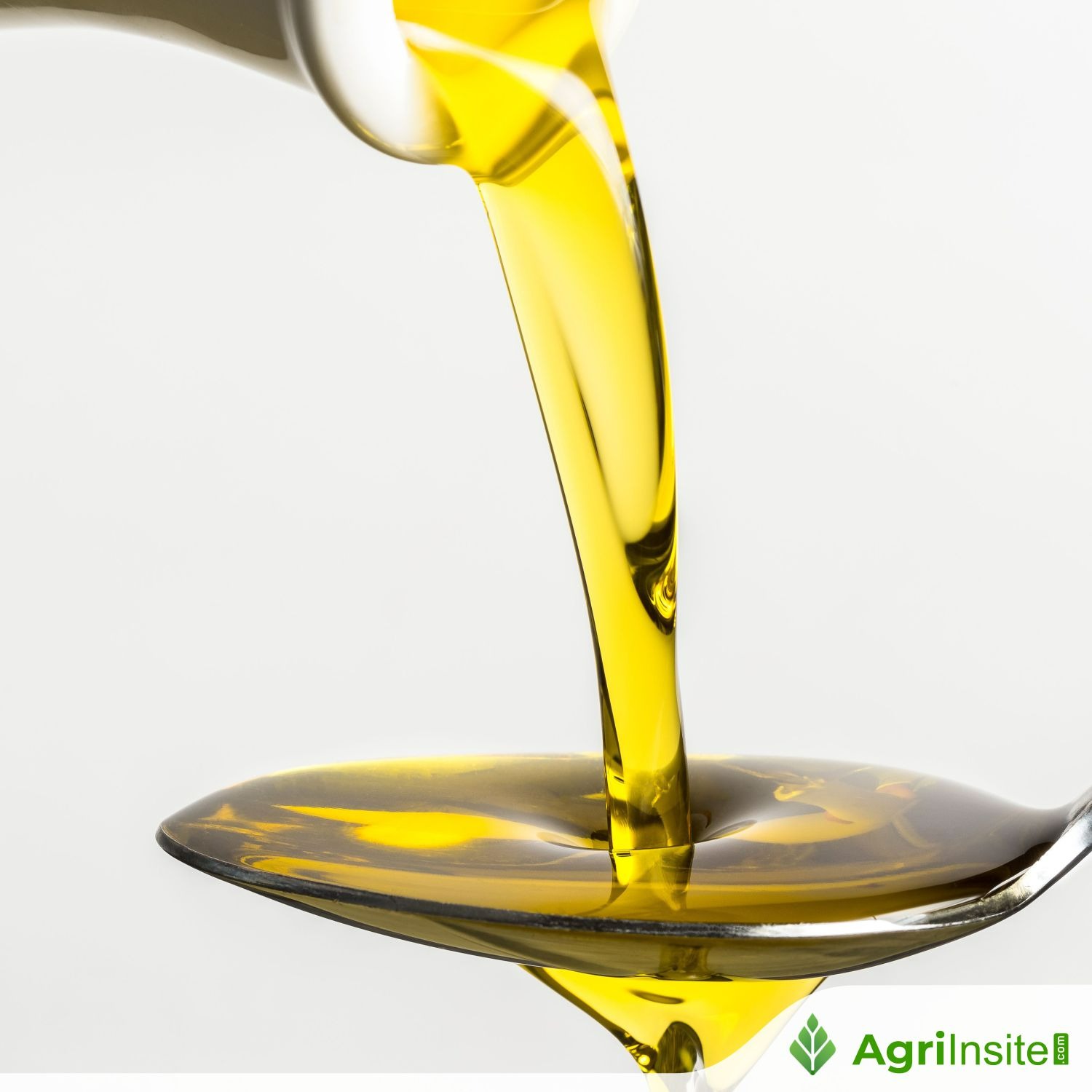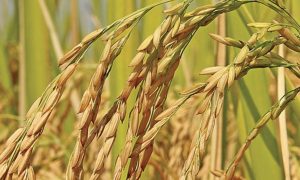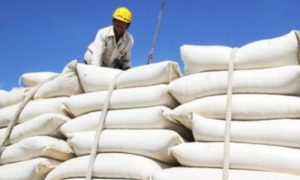Duty cut fails to arrest rising prices of Edible Oil & other commodities

Despite government efforts to curb food inflation through import duty cuts on essentials like rice, onions, edible oils, and sugar, prices have continued to rise. Factors like supply disruptions, trader practices, and seasonal agricultural delays are complicating price stabilization efforts. Experts believe that market structure reforms are necessary to see sustained price control
People continue to grapple with the rising prices of essential commodities though the government has slashed the import duty as well as tax to stabilise the market.
The government lowered the duty on the import of potatoes, onion, edible oil, sugar and rice alongside a reduction in taxes from 5 September to 17 October to reduce food inflation and stabilise the commodity market.
However, the prices of these items have increased further in the retail market instead of any decrease following the reduction in duties.
The price of coarse rice has increased by 1.9% while that of medium rice by 0.86%, loose soybean oil by 2.27%, loose palm oil by 1.72%, local onion by 8.70%, sugar by 1.15%, garlic by 4.35% and ginger by 4.35% in a week, according to the Trading Corporation of Bangladesh (TCB).
Economists said only duty cut will not be enough to arrest the prices of commodities without a competitive market structure in place.
The duty on the import of potatoes was reduced from 25% to 15% alongside withdrawing the 3 % regulatory duty. Similarly, the 5% regulatory duty on the onion import was also lifted. On 5 September, a notification (SRO) was issued regarding this.
India, one of the major sources of onion imports for Bangladesh, had set a minimum export price of $550 per tonne last May due to a rise in domestic prices, along with a 40% export duty. On 13 September, it withdrew the minimum export price and reduced the export duty to 20%, resulting in the decrease in the import costs.
On 8 and 17 October, the government reduced duties and taxes on the sugar import in two phases. Following the duty cut in the latest phase, the National Board of Revenue announced that the import cost of sugar would decrease by about Tk11 per kg.
However, traders have stated that the sugar benefiting from duty relief has yet to enter the market.
On 17 October, the duty on the import of edible oil was also lowered after traders proposed a price increase.
A VAT exemption has been provided for the supply of refined soybean oil and refined palm oil, with the 15% VAT at the local production level and the 5% VAT at the local trader level being waived.
Furthermore, for the import of crude soybean oil, crude palm oil, refined palm oil, and refined soybean oil, the VAT at the import stage has been reduced from 15% to 10%. This VAT exemption on edible oil will be available until December 15.
However, according to the TCB, the price of loose soybean has gone up by Tk3-Tk4 per litre and palm oil by Tk3 per litre over the last one week. Loose soybean oil is currently selling at Tk155-Tk160 per litre and palm oil at Tk147-Tk149 per litre.
However, the price of bottled oil has remained unchanged.
In a week, the price of sugar increased by Tk3-Tk4 per kg with loose sugar now selling for Tk130-Tk140 per kg.
Md Polash of Matlab Traders at Mirpur-13 said the prices of edible oil and sugar will not see a further rise with the duty cut. “The price started to increase a week earlier but the duty cut will help check the further increase,” he said.
Dr Jahangir Alam Khan, an agro-economist and researcher, told the Daily Sun that the government has done its best. “The businessmen are creating supply disruptions in advance. So, they’ll try to make an excessive profit no matter how much import duty is reduced,” he said.
“But, imports will increase as the duty has been reduced. If imports see a boost, the supply of essentials will increase. A positive impact of duty cut will be visible when the supply of essentials increases in the market. We have to wait for it,” he said.
In the past two days, the price of onion has risen by Tk10-Tk15 per kg. Local onion is now selling for Tk120-Tk130 per kg while imported one at slightly lower Tk110-Tk115 per kg. The price of the local variety was Tk110-Tk120 per kg and imported one Tk100 per kg a week ago.
The price of local onion has increased at the local wholesale markets as people started to plant ‘Murikata’ onion in different parts of the country alongside a depletion of farmers’ stock. At this time of year, the ‘Murikata’ variety and summer onion are expected in the market. But due to floods and rains, farmers delayed planting, said Muhammad Belayet Hossain, additional deputy director (Control room) of Field Service Wing at the Department of Agricultural Extension (DAE).
Ikramul Haque, a resident of Mohammadpur in the capital and an employee of a private company, told the Daily Sun, “I see various government initiatives aimed at reducing commodity prices, but I’m not really witnessing the benefits in the market.”
Following the duty relief, egg imports have begun and the government is also monitoring the market, resulting in a decrease in egg prices. Farm eggs were selling at Tk150-Tk160 per dozen in the retail market, down from Tk180 around 10 days ago.
At the Benapole land port in Jashore, the release of eggs imported from India under duty relief started on Thursday. According to the representative of the importer, wholesale eggs could be sold at Tk9 per piece based on the incurred costs.
Visiting the retail markets at Karwan Bazar and Mohammadpur Krishi Market in Dhaka on Thursday, it was observed that medium-quality BR-28 rice was selling at Tk61-Tk62 per kg, which was Tk58-Tk59 last week. BR-29 rice is priced at Tk62-Tk64 per kg, reflecting a Tk3 increase.
Among fine rice varieties, the price of Miniket and Nazirshail has gone up by Tk1-Tk2 per kg with Miniket selling at Tk70-Tk72 and high-quality Nazirshail at Tk80 or higher per kg. Coarse rice is priced at Tk52-Tk55 per kg, with no increase observed in this category.
While visiting the Mirpur 6, 13 and 11 kitchens market on Friday, this correspondent found that the price of local garlic has increased to Tk260 per kg from last week’s Tk240 and ginger costs one customer Tk300-Tk320 per kg against Tk280-Tk300, potato increased to Tk65 per kg from Tk60 per kg in a week.
Source Link : https://www.daily-sun.com/post/774015














